A show of hands for anyone who is ready for a change of scenery? Summer has officially arrived, so there’s no better time than now to hop in the car and take an epic road trip with family or friends. While there’s something exhilarating about seeing where the road takes you, planning is still crucial if you want to have a safe and successful trip. Here are 18 smart travel tips to help you plan the ultimate summer road trip.
1. Start by Route Planning
So, where are you headed? Get route planning inspiration by perusing travel blogs and YouTube videos and digital magazines. Once you make a decision on where you want to go, decide how long your trip will be. It’s best not to do more than 4-5 hours of driving a day — less if there’s a lot to see and do within a close driving range. After all, the purpose of a road trip is not to simply stay in the car but to go explore! As a general rule of thumb, a four-day road trip would be about 16-20 hours of driving time, a seven-day trip 28-35 hours, and two-week journey clocks in at around 56-70 hours. Use an app like Waze to help you plan your route, with or without toll roads. Of course, if you decide to drive longer than this, recalculate your journey.
Determine where you want to stop and research the things you want to see — Google Trips / Road Trippers are two great apps to help you find things to do while en route. This will help you gauge your time while giving you options for places you need to research accommodations. Typically, the bigger cities have more choices, but it all depends on your budget and trip goals. Always book in advance as you don’t want to be stuck not being able to find a place to stay because everything is booked. You also have the opportunity to lock in a better rate when booking ahead of time — it’s one of those classic money-saving tips.
2. Set a Budget (and Stick to It)
When it comes to money-saving tips, setting a budget should be top of mind. Imagine you plan a three-week road trip only to run out of money before hitting week two. Create an itemized list of all your expenses, including gas, food, entertainment/attractions, souvenirs, accommodations, and a buffer for emergencies and/or unplanned stops. Make a generous estimate as to what you think each category will cost and tally everything up. Make cuts if need be, but once you set that daily budget, stick to it. If you’re traveling with a group, make sure everyone is on the same page with the financial commitments involved so that someone else doesn’t have the unfortunate task of picking up on their slack.
3. Get a Tune-Up
It’s absolutely crucial that your car is in tip-top shape before hitting the road. Take it in for a tuneup about a week before your trip so that a mechanic can check out your tires, breaks, engine, fluid levels, broken tail lights, and any other potential problems. While you’re at it, make sure you have all the necessary emergency car gear packed such as a spare, jack, coolant, road flares, jumper cables, coolant, windshield wiper fluid. Don’t forget to bring an extra battery for your key fob. The last thing you need is to be locked out of your car in the middle of nowhere.
4. Sign-Up for a Roadside Service Rescue
Whether you’re taking an urban trip or a rural one, getting stranded because of a breakdown can be a frightening experience. Give yourself peace of mind by signing up for a roadside service rescue such as Road Rider’s Rescue, Allstate, or AAA. No matter where you are or what time is it, you simply call a 1-800 number and an approved local towing service will be on its way to take you to a certified mechanic.
5. Have All of the Proper Documentation
Make sure your license, insurance, and registration are all up to date and stored safely in your glove box. You also may want to take care of any outstanding parking or traffic tickets before you leave, just in case you do get pulled over for some reason.
6. Prepare Your Sources of Entertainment
Car radios can be unpredictable as you move throughout the country, especially if you’re in an extremely remote area. Make sure you load up your phone with plenty of streaming music with an app like Spotify or Pandora. Podcasts or audio books are great options for a change of pace. Consider investing in a multi-outlet adapter USB car charger so you can charge multiple devices at once.
7. Pack Smart
Parking smart means packing light, including clothes that don’t wrinkle and dry quickly in case you have to do a DIY wash in a hotel/motel bathroom — just don’t forget to bring a small bottle of concentrated detergent. Opt for weekend bags if you’re just going away for a few days — but even if you’re gone for a couple of weeks, don’t go any larger than carry-on luggage size for everyone unless you decide to share a couple of larger pieces of luggage instead. Consider a rooftop cargo storage box to help you maximize space in your car.
8. Delegate Tasks Accordingly
Don’t give the broken compass in your group the task of navigation. In other words, delegate tasks accordingly. Maybe someone is better at managing the budget, preparing food, making travel arrangements, or researching. However, to be fair, everyone should take turns driving to prevent driver burnout.
9. Plan Ahead
You don’t want to be stuck in the middle of nowhere when you’re low on gas, hungry, or have to go to the bathroom, so if you’re traveling on a major interstate highway, download the iExit app to get information on all the amenities offered at upcoming exits, including gas stations, hotels, local attractions, grocery stores, bathrooms, and even hospitals. Speaking of bathrooms, everyone likes a clean facility, right? Check out the Bathroom Scout app or sitorsquat.com and diaroogle.com to review ratings on the bathrooms in your area. This just may be one of the best travel tips you’ve ever heard of.
10. Pack Healthy Road Snacks
The best road snacks are healthy ones that consist of a combination of protein and fiber to stabilize blood sugar levels and digestion, both of which can go haywire during travel. Some snack ideas include hummus and veggies, beef jerky, portable guacamole cups and high-fiber crackers, protein/fiber bars, trail mix, hard-boiled eggs, string cheese, tuna fish with high-fiber crackers, air-popped popcorn, baked chickpeas, peanut butter on high-fiber bread, and Greek yogurt with granola.
11. Make Yourself Comfortable
Providing you're not the driver, pack comfort accessories like a neck pillow and a blanket to help keep you comfortable — especially if you want to take a catnap. But everyone (driver included) can dress comfortably to enhance the road trip experience. Think loose, breathable clothing constructed out of a soft material like cotton.
12. Take the Opportunity to Dine at a Famous Eatery
The word “roadtrip” conjures up a retro-looking roadside dinner that looks as though it hasn’t changed in over 60 years. You’re bound to come across a classic eatery along the way but to make it easier to find one that’s on your route, check out TVFoodMaps.com. The site lists 4,000-plus restaurants that have been recommended on well-known TV shows such as
Diners, Drive-Ins, and Dives. If you’re not into stopping at a chain restaurant for a bite, Roadfood.com has curated a hearty list of locally-owned eateries.
13. Put Together an Emergency Kit
You never know what can happen when you’re on the road so make sure you pack a wide selection of medications to assist with everything from headaches, car sickness, and allergies to bug bites, sunburns, and cuts. Don’t forget to pack your own personal medications, too, if applicable.
14. Keep Your Car Clean and Organized
As within your home, a dirty and disorganized car causes stress, frustration, and even depression in some cases. Put everything back in its place after using it, throw any trash out when you make stops, and when at a gas station, give the interior a quick vacuum. Pack a bag with a few cleaning supplies like trash bags, wet wipes, hand sanitizer, and paper towels so you can quickly take care of any messes.
15. Drive the Right Road at the Right Time
If you’re clocking a lot of miles, it can sometimes be unavoidable to hit a rough patch. Take a look at your route and see if you can identify any potential roadblocks like traffic. Consider whether or not you’re traveling on a particular road when it’s a holiday or there’s a major event taking place and try to reroute your course. You also don’t want to wind up on a remote country road or narrow pathway in the mountains with hairpin turns in the middle of the night.
16. Make Regular Pit-Stops
Fatigue, leg cramps, crankiness, and sometimes, even boredom are all potential side effects of a road trip. Make it a point to stop every two or three hours to stretch your legs, get some fresh air, grab a bite, and hit the washroom. Stopping also helps break up the monotony of long hours spent in the car.
17. Don’t Over-commit Yourself
Expect the unexpected, so don’t over commit yourself. There will be delays such as traffic and unexpected stops to see an attraction, so don’t get caught up with a rigid itinerary. In fact, some of the random, unplanned stops like a stop at a state park or kitschy state-side attractions could turn out to be pleasant and unexpected surprises. Invest in the America the Beautiful pass issued by the National Parks Service, which gets you into approximately 30 parks and monuments and 2,000 federal recreation sites — including the Grand Canyon — all for the singular price of $80.
18. Roll With the Punches
Even the most carefully planned trips can take a few twists and turns, but don’t lose your head. You may have to alter something in your itinerary and that’s ok. Don’t use it as an opportunity to be a loose fuse around the rest of the people in your group. Come up with a plan B as a team and don’t let any infractions ruin your trip.
We’ve got more travel tips and tricks for your upcoming summer holidays here, so read on!
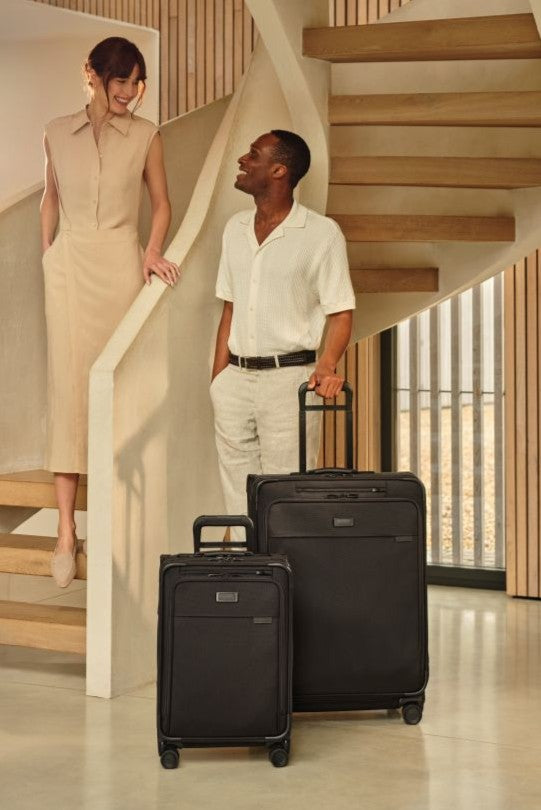

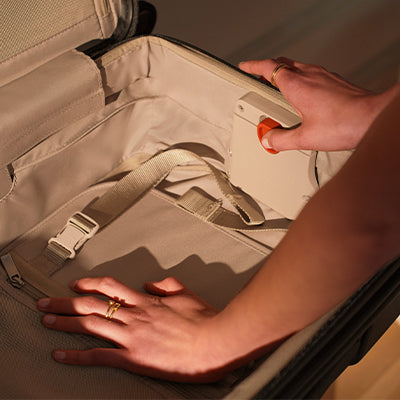








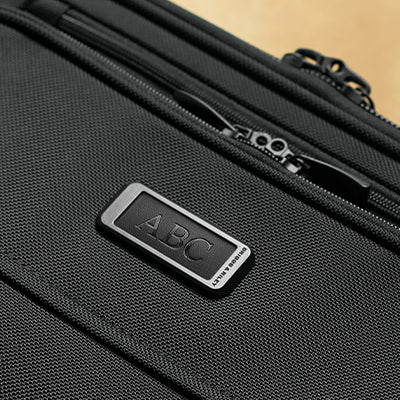
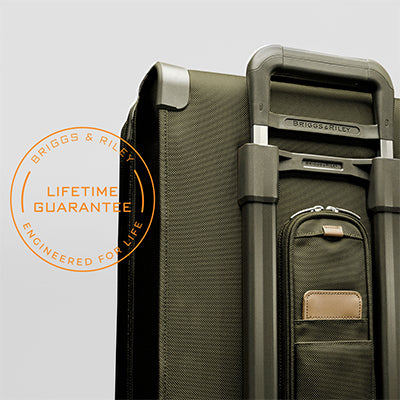




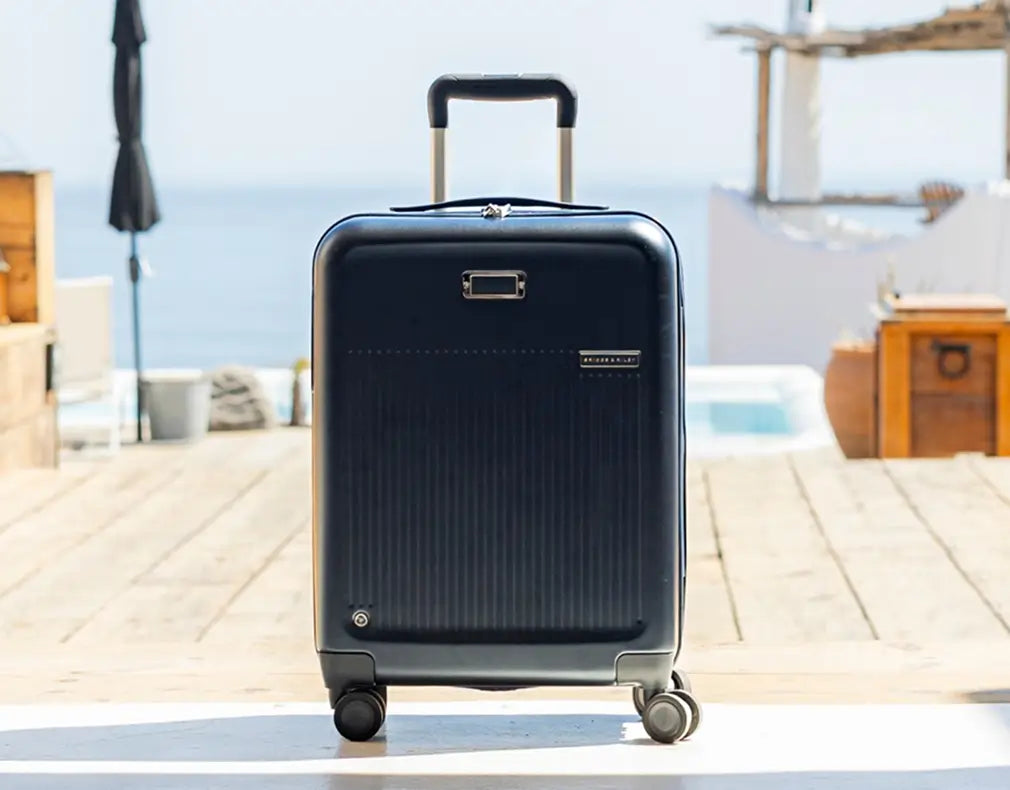
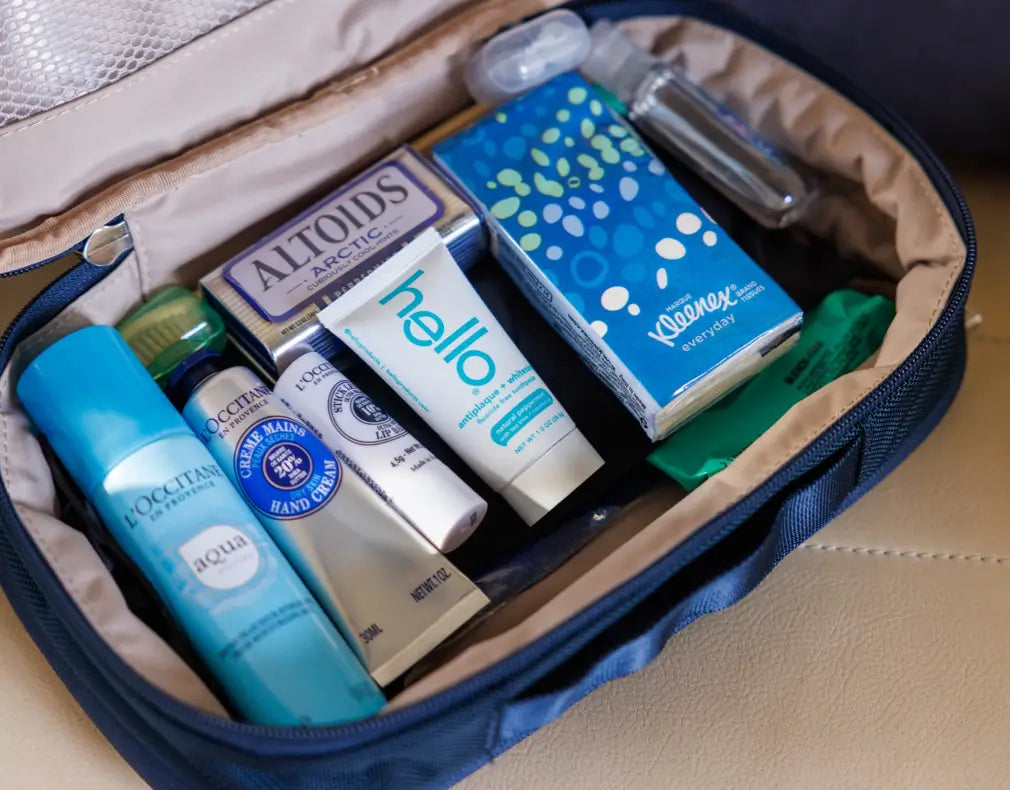
Leave a comment